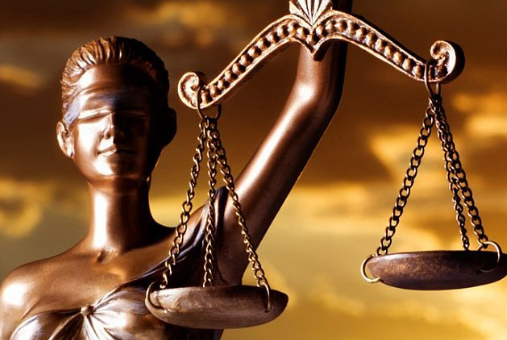FOR Malam Abba Kyari, former MD of UBA, two institutions are central to the consolidation of the Nigerian democratic process; these are the media and the courts.
On the one hand, an irresponsible media, with a mercantilist attitude will not play the role of watchdog or be able to meet the constitutional obligation which enjoins the media to hold government accountable to the people. On the other hand, a corrupt judiciary cannot be the last hope of the common man, neither will it be a temple of justice administering without fear or favour. And who can contradict that position?
Media at critcal junctures
At critical junctures in Nigerian history, the media was at the forefront: advocacy for anti-colonial freedom; to end military dictatorship and when civil rule returned, the media has lead advocacy for responsible governance. But there are dangers which dog the media, especially accusations that have floated about the purchase of media to serve the agendas of the elite.
Even when not concretely proven, allegations like these can tarnish the image of the media as the Fourth Estate of the Realm, in a democratizing society.
Judiciary’s role
The judiciary’s place in the building of democracy is also very central. As we have seen, since the 1999 transition, it is the posture of courts which provided the props of hope for those who have felt cheated, especially in the political process. And most notable of these courts has been the Court of Appeal. It adjudged that the rightful winners of elections in Edo, Ondo, Ekiti and Osun States be given their mandates, while impostors who assumed power on the basis of fraud were knocked off their perches.
Upholding justice consolidated the position of the Court of Appeal in the hearts of the Nigerian people but it set alarm bells ringing amongst sections of the political elite used to subverting the electoral will of the Nigerian people. A court which exposes the serial heist perpetrated by politicians sets a dangerous example for the past masters of political heist.
And they have chosen to fight back, as we have seen in the petitions filed against the President of the Court of Appeal by former governors, Segun Oni and Olagusoye Oyinlola as well as the controversy in the wake of the suspicious ‘promotion’ of Justice Isa Ayo Salami, President of the Court of Appeal to the Supreme Court.
Last week, the media reported that the National Judicial Council’s Elders’ Committee which investigated petitions in respect of the Sokoto governorship appeals has submitted its report. The report stated that there was no case of misconduct against Justice Isa Ayo Salami.
The committee also said that the Chief Justice of Nigeria, Justice Aloysius Katsina-Alu, as chairman of the NJC has no power to interfere with any proceedings in any court as was done in the Sokoto governorship appeal. Members of the Elders’ Committee headed by retired Supreme Court Justice, Bolarinwa Babalakin, included Justices Anthony Iguh, A.B.Wali, Emmanuel Ayoola and former Appeal Court President, Mustapha Akanbi.
Court’s credibility
The import of this investigation report is the strengthening of the legitimacy of the Court of Appeal. It is important that courts handling electoral matters must especially have the credibility to deepen trust in the administration of justice. Where the political elite can trust courts to administer justice with fairness, then there is likelihood of using courts instead of the ‘self-help’ of violence and brigandage to settle political scores.
The long term effect will be the strengthening of legitimacy and deepening of the political process.
Decisions of the Court of Appeal in recent times have deepened trust of the court as an institution of justice. Institutional collapse has dogged Nigeria in the past couple of decades against the backdrop of the arbitrariness associated with military dictatorship as well as the systematic rot in the nation’s institutional development.
The courts and the media have been institutions with very long history of survival of the vicissitudes of our national history but survival has not exempted them from deep scars associated with that history. If we will make meaningful progress in building modern democratic societies, the media and the courts will have to play their roles effectively and responsibly.


